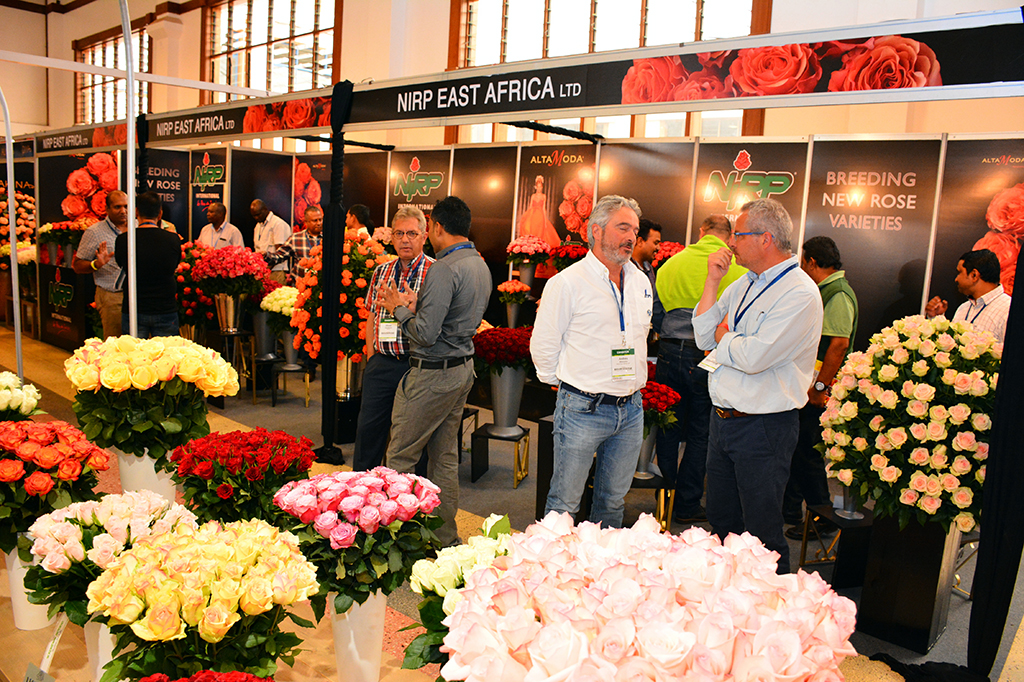
Kenya's horticulture sector is seeking to increase sales in the Chinese market in order to boost revenues. The market has been affected over the years by import duty by the Chinese government among other challenges.
On July 1, 2010, China removed tariffs charged on 60 per cent of goods that it imports from Kenya and 32 other developing countries but retained the levy on cut flowers which is mostly exported by the Kenyan flower sector.
The tax has dwindled aggressive marketing effort aimed at penetrating the 1.3 billion-people market.
Hosea Machuki, the CEO of the Fresh Produce Exporters Association of Kenya, told a media briefing in Nairobi that currently less than two percent of horticultural exports are sold in China.
"We are therefore going to intensify marketing efforts in China in order to expand the horticultural sector revenues," Machuki said during a media briefing on the upcoming Kenya Trade Week that will take place from July 29 to Aug. 1.
The second edition of the Kenya Trade Week will showcase what Kenya has in stock for both the domestic and export market.
Government data indicates that the bulk of horticultural exports end up in the European Union and the rest goes to the Middle East, United States and Australia.
Machuki said Kenya will also take advantage of the high frequency of flights between Kenya and China to promote exports. He noted that Kenyan flowers and avocados could get a ready market in China.
RELATED ARTICLE: Why Kenyan flowers are doing well in the international markets despite the off-peak period
RELATED ARTICLE: Flower, fruit and vegetable producers and exporters seek government support to boost the sector
RELATED ARTICLE: Kenya\'s flowers, fruits and vegetables record a 40 per increase in sales in four months
Flower which is one of the top export commodity by Kenyan traders is a highly perishable good that must be sold two days after harvest. However, with the national carrier, Kenya Airways’ 13-hour direct flight to three Chinese cities — Beijing, Shanghai and Guangzhou, the traders are sure of exploiting the market.
In 2016, Kenya exported flowers worth Sh70.83 billion, majority of it destined to the EU markets where still enjoys a duty and quota-free export arrangement despite delay in concluding the Economic Partnership Agreement. Kenya also has a duty free flower arrangement with Japan.
Generally, horticulture sector growth was supported by notable increases in production of cut flowers, fruits and vegetables whose exports grew by 19.7, 16.8 and 10.7, per cent, respectively, in 2017, according to Kenya National Bureau of Statistics’ Economic Survey 2018 report.
This translated to a significant increase in the value of export of horticultural produce from KSh 101.5 billion in 2016 to KSh 115.3 billion in 2017.
















Comments powered by CComment